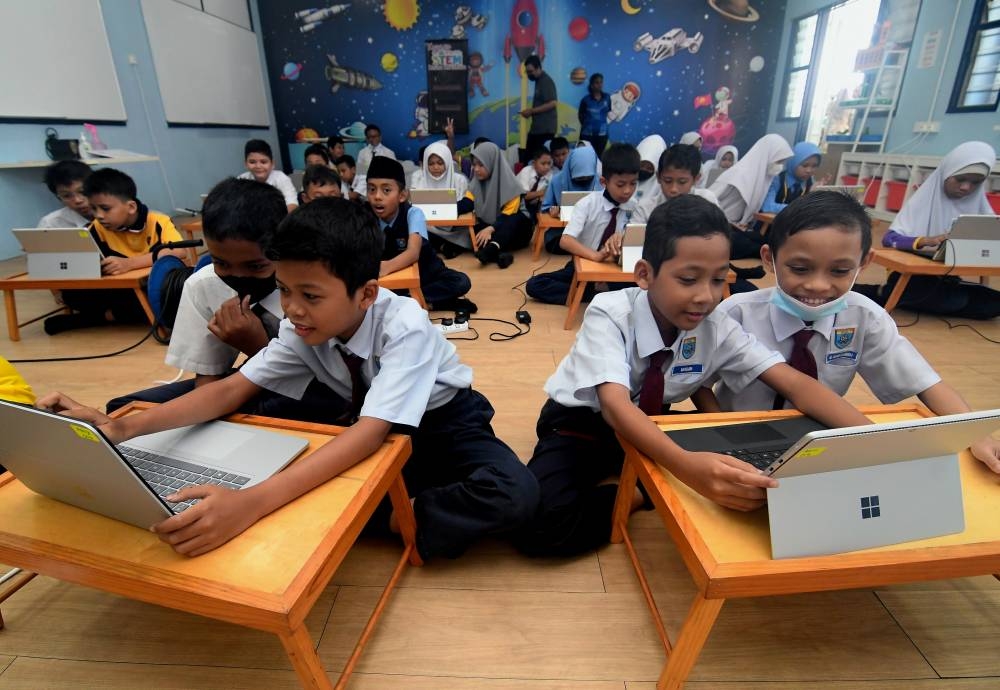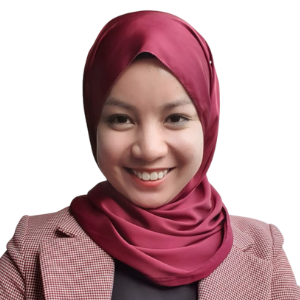Education as Budget 2023 top priority: Will it ever resolve the spiral educational needs?

Money cannot buy happiness, or so they say. However, malpractice is growing indiscriminately with corruption, bribery and manipulation springing up like mushrooms after the rain when it comes to managing money and resources.
No shame, whatsoever. It is always a good time to practice what you preach.
Realistically, a national budget should focus on critical areas that affect society. In 2022, the education sector received the largest chunk of the budget at RM52.6 billion and each student received RM150 for the purpose of book vouchers.
Next year, the government still plans to allocate the highest amount of budget for the education industry. Allocations should cover three main categories; the school and learning institution or administrators, the educators, and learners in general.
Currently, the theme of "Strengthening Recovery and Facilitating Reforms towards Economic Resilience and Well-Being of Keluarga Malaysia" calls for a people-centric approach.
Well, well, well. A nation must survive, thrive, and make more money and if all those are given away ‘freely,’ how can we sustain and generate more revenue for our country, right?
We cannot cover the whole nine yards although we would ideally love this idea. Therefore, what is the possible solution?
Call for a meet-up with cronies and demand for them to come up with different software and system to key-in all different aspects of scores for learners without any research done on its efficiency?
Although research has been done, again those grants and studies done are also results of the same allies working together to have a written proof that those systems should be implemented regardless? Result and findings found even before the studies? Of course, not! I was kidding. No cycle or spiral of malpractice should be carried out in the education industry.
Let us get to the point.
Firstly, most schools and universities are lacking in numerous facilities at their learning institutions starting from kindergarten up to university.
“Limited numbers of ICT labs and workshops can be daunting especially when both teachers and students must take turns to use the computer labs,” said Amirah Akhyar.
“As with any learning journey, it can be difficult to ensure the curriculum-based assessment is successfully being implemented with such big number of students in a class. Sometimes, it may total up to 30 students in a class,” the 33-year-old public school teacher finished.
Learners require a healthy learning environment in order to bloom.
“Proper halls are non-existent when it comes to certain schools especially those in rural areas. This will affect student’s performance especially when it comes to sitting for national examinations and other daily needs like sports and events,” added Yang Azura from Negeri Sembilan.
The mother to three daughters also believes that a set amount of money should be allocated for the purpose of upgrading and maintaining school facilities especially when it comes to school toilets and buildings.
Cleanliness, safety features and maintenance welfare are fundamental needs.
Moreover, some schools are experiencing a shortage of replacement teachers due to lack of school budget, whereby certain schools having to fork out their own money to pay for manpower, thus, additional human resources can be secured by hiring retired teachers, unemployed university graduates, and upper secondary school leavers.
Obviously, with all the operating costs calculated, the government needs to allocate extra budgetary provisions to cover running charges especially for schools which tend to receive lack of funding and financial support from their fellow parents and society; catering to middle and low-income families.
Prioritising the welfare of the B40 segment, through the provision of subsidies for necessities and monetary assistance is vital. Increasing the number of days for milk supply in schools from two days to five days a week should be made compulsory to all kindergartens and primary schools for the Supplementary Meal Plan (RMT).
The Education Ministry should also allocate at least RM3 per pupil in the peninsular and RM3.50 in Sabah, and Sarawak for the RMT programme in order to ensure learner’s healthy growth.
Development in terms of facilities prepared for differently-abled learners should also be allocated. Due to the recent outburst of the pandemic, more awareness can be seen regarding the differently-abled learners and its community.
Early intervention programmes for children with disabilities are even worse off as they are non-commercialised and are struggling due to loss of community funding.
These services are critical to the development of our children and as a source of childcare and support for parents. The care sector has all been severely affected.
“My differently-abled child requires continuous motivation and mental support that is missing in school,” said Shahiza Othman.
“Budgets should also be allocated on regular counselling sessions, forums and seminars minimising stigma and instilling self-compassion,” the 42-year-old mother said.
A significant proportion of learners did not receive preschool education, including those with learning disabilities; autism and dyslexia, who did not benefit from early intervention.
The budget allocation for the Integrated Special Education Programme should be increased.
A good education can change anyone.
Educators are one of the most important components of the country's transformation.
Educators nationwide should be given continuous financial and mental support.
With an educator’s major role of assisting and empowering the process of learning, administrative task is aplenty with different platforms and portals to key-in daily.
Therefore, a more robust and centralised reporting system to record student assessment for all aspects should be implemented; academic or non-academic related.
Through the single system, teachers and the ministry will be able to extract students’ results easily. The system could also aid in the preparation of timetables which were still done manually in some schools.
To conclude, budgeting should also be allocated on strengthening public-private collaboration in the delivery of public services including exploring alternative service delivery mechanisms leveraging on non-governmental organisations and civil society to support delivery of social programmes.
Indeed, no budget can solve all the nation’s problems. But, budgets must be a beginning, a path to achieving the nation’s financial goals.
SYAZUIN SAZALI is a Subject Matter Expert in soft skills. She aims to continuously advocate for progressive growth in education. Linkedin & Instagram: @syazuinsazali, Email: syazuinsazali@gmail.com
The views expressed in this article are the author's own and do not necessarily reflect those of Sinar Daily.
Download Sinar Daily application.Click Here!















